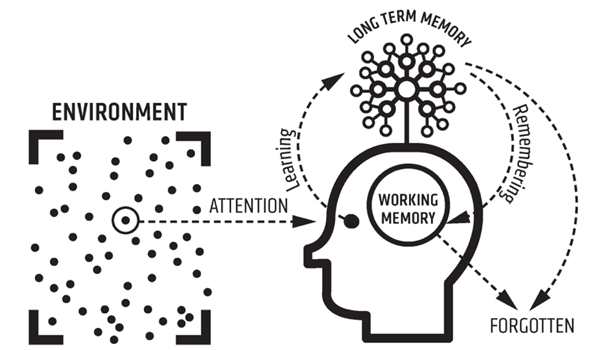Teaching and Learning at The Vineyard: Routines reduce cognitive load
Our first teaching and learning CPD session for the year focused on the importance of reducing cognitive load in our classrooms. Cognitive load refers to the amount of information our working memory can process at any given time. When cognitive load is too high, it can overwhelm our working memory and hinder learning.
This is why, at the start of this term, we prioritised setting up strong routines in our classrooms — to give the children predictability and create shared habits, such as arriving in class, our line order, and where we put water bottles. These routines free up mental energy and working memory for learning, rather than children having to figure out what to do next. It allows them to focus on the ‘what’ in lessons, not the ‘how’.
Embedding strong routines at home will also help to reduce cognitive load. Giving children clear, predictable habits will make daily home life tasks easier to manage. For example:
- Consistent morning routine, e.g. breakfast, brushing teeth, getting into school clothes, reading a book, shoes on, off to school.
- Consistent time to go to bed with a familiar routine, e.g. brushing teeth, getting into pyjamas, story with a family member and off to sleep.
When expectations are consistent, children spend less energy figuring out what to do and can focus more on learning, play, and building independence. Routines also lower stress, create a sense of security, and support smoother family interactions.

Ms Reilly and Mrs Dempster
Assistant Headteachers for Teaching & Learning